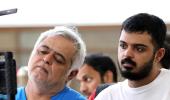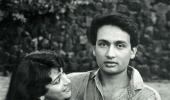'Success is in the hands of the audience. I learn from what they like or dislike, and take the next step further.'
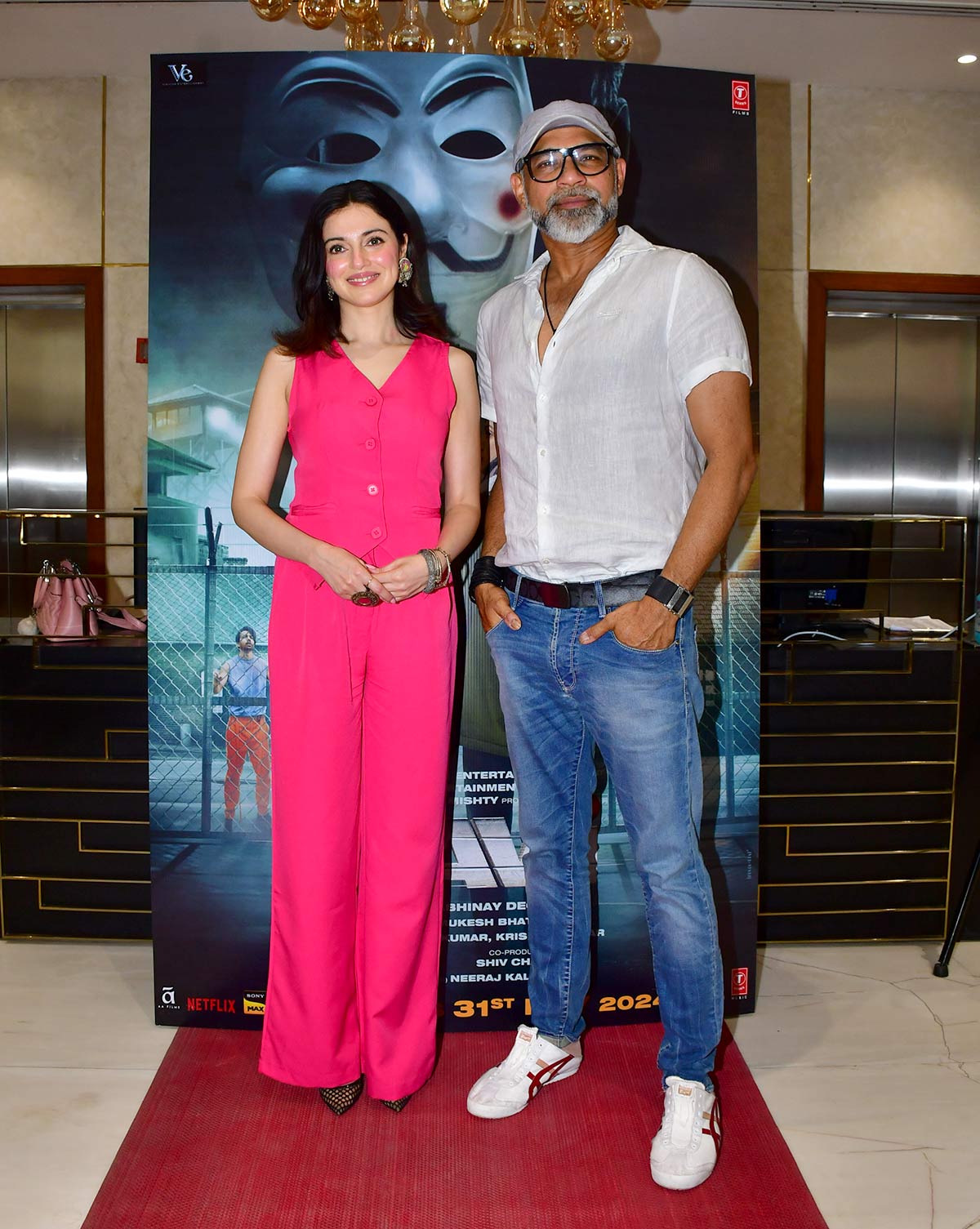
Abhinay Deo's career defies stereotyping.
Abhinay is the younger son of the late actor couple Seema and Ramesh Deo. Despite coming from a film family he spent over a decade in advertising before taking the plunge into cinema.
Right from his debut in 2011, his approach to film-making was visible in two diverse films: The frisky comedy Delhi Belly and the slick suspense thriller Game.
His credits include the Anil Kapoor television series 24, the Hindi remake of the Kiefer Sutherland's drama, and the 2018 dark comedy Blackmail, featuring Irrfan Khan.
Abhinay reunites with Anil Kapoor in his new film Savi, which stars Divya Khossla in the titular role.
"As a director, I want to tell all kinds of stories -- comedy, thriller, murder mystery, horror. I give my thousand percent to each and every story I tell," Abhinay tells Mayur Sanap/Rediff.com.
Savi is an official remake of The Next Three Days. What enticed you about the American thriller for its Indian adaptation?
I loved that it was a film about a very simple family and very simple people. Simple people who then end up doing very extraordinary things, and all that for love.
There's a very large difference between what the original screenplay was and what ours is. Ours is adapted to the Indian psyche. We have also reversed the character, which is, there it was a male-centric film, here it is a completely woman-centric film.
This actually is a story of Savitri and Satyavan which we tried to give it a new form.
Savi is an ordinary woman who has simple aspirations in life, who loves her husband and her kid. When her life is completely destroyed because of one particular incident, she is not going to take that as in her fate. She fights fate and shocks herself with what she does after that.
So yes, it's a story about a woman finding her own strength.

While many directors prefer writing or co-writing their scripts, you have only directed material written by somebody else. Why is that?
There is no hard and fast rule about it.
Shortly after this film (Savi), I am about to make three films which are completely my scripts and my ideas.
But I am not a writer; I come up with an idea, then I need a writer to kind of embellish it and make it into a good screenplay.
If you see internationally, the directors do their job and the writers do their job. India is one of the few places in the world where many of the jobs kind of start merging.
Most writers become directors, directors like to write their own stuff. Many directors also shoot their own films and vice versa. Editors become directors. This kind of crossing the line in job profiles happens a lot in India. And there is nothing wrong with that.
Writing is a different skill set. I am an ideas person. I love to come up with thoughts or ideas which are not necessarily scripts. I need a person or people with skill sets who will come and structure my story in the right way.
While I am there throughout because it's my idea with them, I still love to have the experts do their job.
I think writing is a very tricky business. And it's not everybody's cup of tea. It's the heart and soul of a film. A director can only direct what's written, so the writers must be given their due importance.
Abhinay Deo talks about his 'USP' as a storyteller and how he tweaks the story to suit Indian sensibilities in the video below:
You made your directorial debut when you were in your 40s. Why did it take you so long to venture into films?
I'm predominantly an advertising person. But I was an architect before I became an advertising person. I had five years of architecture and post that I joined the world of advertising. This was in the early '90s.
It was the golden era of advertising, where globalisation had just hit our country. We were having a great time with various international brands flying into our country.
It was a very good period and for the longest time I worked in advertising happily without wanting to really digress into film-making.
After almost 12 years of doing advertising, I was feeling the need to work on something which is a longer format. Before I could even start considering it, two films walked up to me, thanks to some of the advertising work that I had done.
Those were Delhi Belly and Game, which I made in the two consecutive years. Both films released in the same year, almost three months apart in 2011.
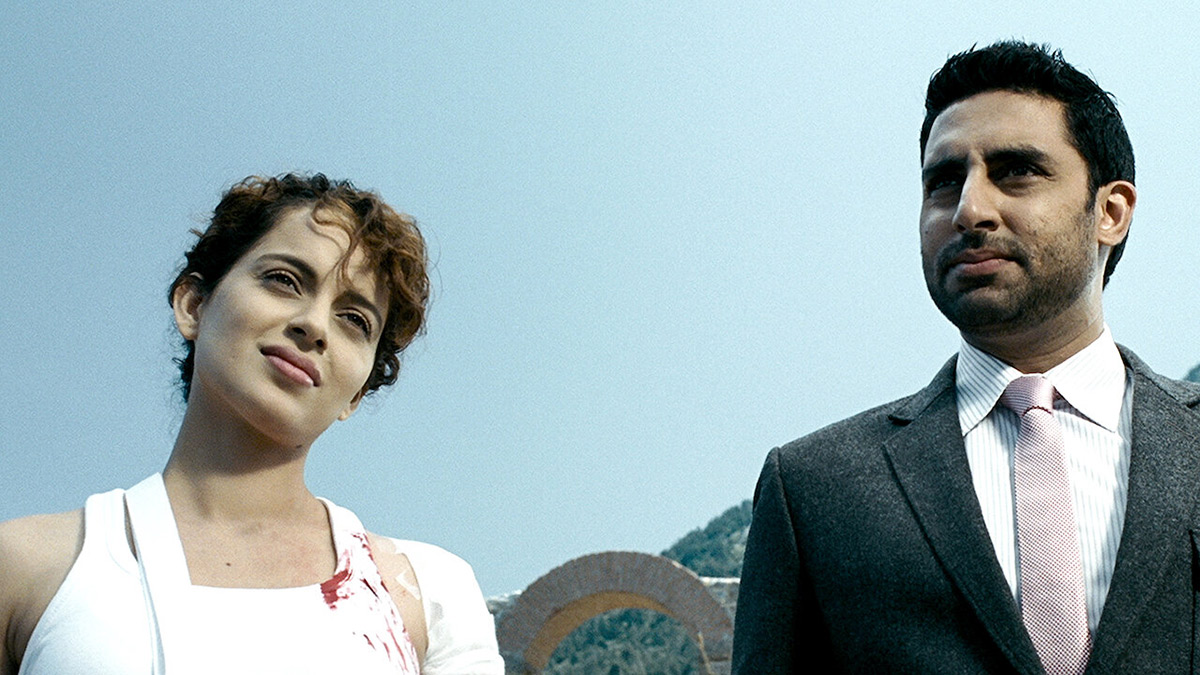
Delhi Belly was a hit and Game flopped. You have a better success rate in comedies than thrillers.
I've never looked at success rate, it is about what is the story I really feel like telling. As a director, I want to tell all kinds of stories -- comedy, thriller, murder mystery, horror.
I give my thousand percent to each and every story I tell.
I can't really say that a particular genre is the right thing to do or the wrong thing to do. I don't look at my work like that. I look at it as work and storytelling.
Success is in the hands of the audience. I learn from what they like or dislike, and take the next step further.
But if you ask me what my favourite genre is, I'd definitely say it is dark comedy.
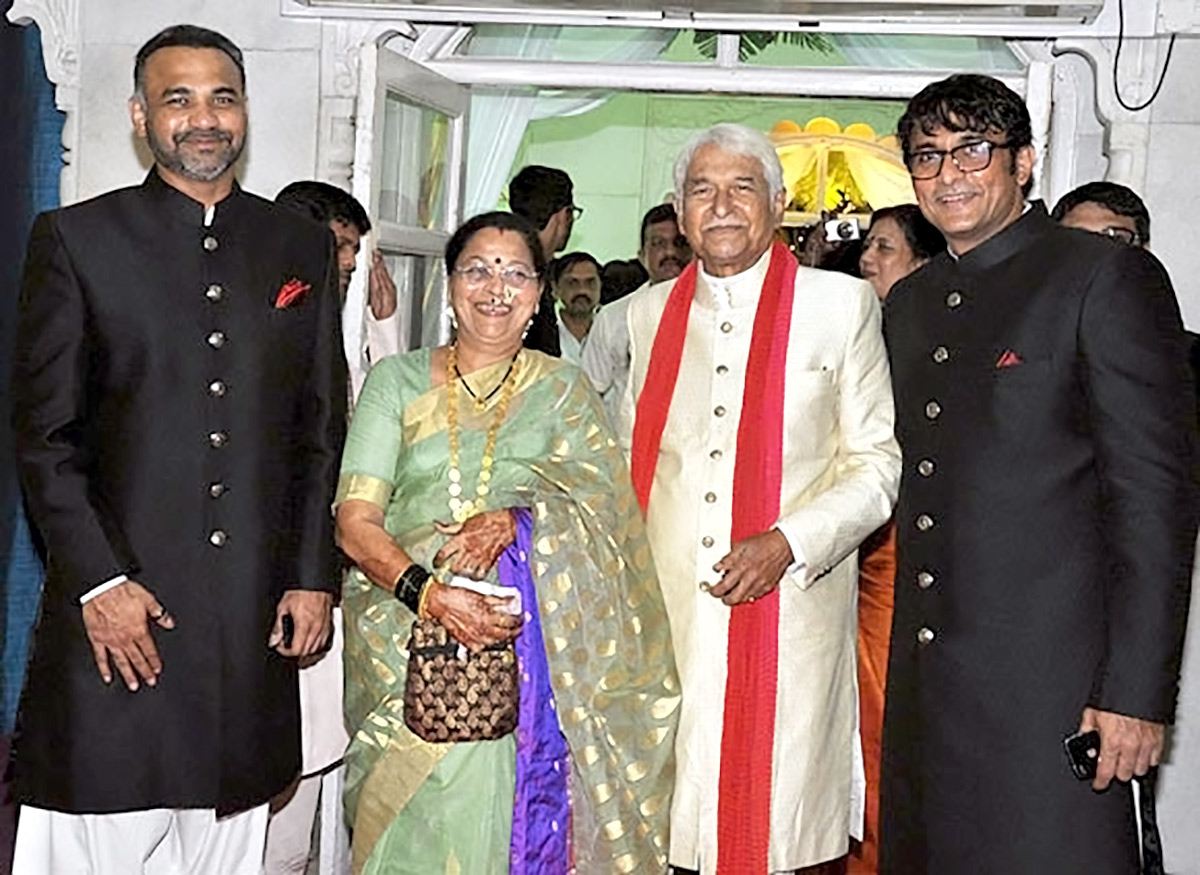
Your parents were prolific actors (Ramesh and Seema Deo) and your brother (Ajinkya Deo) is a well-known name in the Marathi film industry.
When you were planning to make a transition from advertising to films, did you ever think that Marathi would be a safer bet to kick-start your career?
I don't believe that language should become a barrier in terms of cinema at all. Cinema is a medium of storytelling and stories don't necessarily get bound by language.
I don't think it was a conscious choice (starting his career in Hindi).
The first two films that came to me one was English and one was Hindi. Delhi Belly was an English film and Game was a Hindi film.
Once I did those two films nobody from Marathi has ever come to me to say make a film. (Laughs)
But to be very honest with you, I also have a very strong point of view that if I make a Marathi film, or tomorrow if I make a Tamil film, the reason I would make any of those films is because that story needs to be told in that language.
And by the way, I have found a story which should be told in Marathi. The script is being written as we speak.
There is a Tamil film that has my own script. It is a half Tamil and half Hindi film. While Tamil is not at all anything that I understand, but the story needs to be partly told in that language.
Do you think the pressure of box office is more than ever with OTT entering the picture? Does it change your approach to film-making in any way?
First of all, as film-makers, as storytellers, as technicians, we shouldn't be worried about the versus part. It is one industry.
Yes, with the emergence of OTT there is a direct effect on theatrical which we are all aware of. But it cannot change the way we think about films.
A film-maker is a person who needs to tell the best story without thinking about what format is going to be on.
Of course, trade-wise, it's going to make a large difference. The pressure of being a successful film at the box office is very high today.
Thanks to the last few years, and the lockdown also adding to it, the consumption pattern of audiences has changed completely.
But, as a film-maker, it's not something that I need to focus on while I'm telling the story.
It's somebody else's job. I've already put my entire thousand per cent into telling a good story and entertaining the audience.
It is the distributor, the producer, and the broadcaster who need to really put their minds to it.
It's their job to figure out the right platform on which it should be viewed.
As Imran Khan is poised to make his Bollywood comeback, is there a possibility for a sequel to Delhi Belly? Abhinay spills the beans here:

